Diwali is not only about the return of Lord Ram to Ayodhya. Apart from this, there are many reasons why we celebrate Diwali every year. Check Out
This festival of light, ‘Diwali’, is the most celebrated festival for every Indian throughout the country. No matter how your mood is, preparation for Diwali always lifts your mood and fills you with lots of energy.
Even though we don’t need any reason to celebrate Diwali, but, in our Hindu culture, every festival has its own story; likewise, Diwali has its own reasons to celebrate this festival. Diwali is not only about the return of Lord Ram with Sita and Lakshman; it also has other stories that you need to know.
Diwali is just 3 days left, so come, let’s read out the different stories that originated the festival of light.
Birth of Goddess Laxmi:
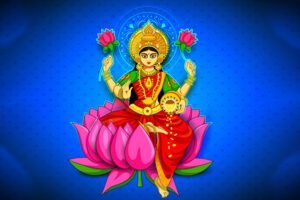
As per popular stories from the spiritual world, Diwali is celebrated as the day Goddess Lakshmi was born from Samudra Manthan, the churning of the cosmic ocean of milk by the gods and demons. Lakshmi decided to wed Vishnu on the eve night of Diwali and did so.
That is how Diwali began to be associated with Goddess Lakshmi, and to this day, Diwali is used to honour both the goddess’ birth and her marriage to Lord Vishnu.
Lord Vishnu’s 5th Avatar, Vamana Avatar:
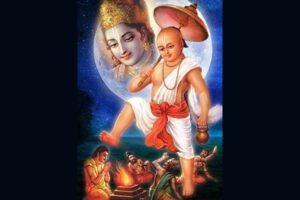
On the mythological front, it is thought that King Mahabali imprisoned Goddess Laxmi in jail during the Treta Yug. At that moment, Lord Vishnu took on the form of the Vamana Avatar. Mahabali was fooled by Lord Vishnu into giving up all of his wealth (the goddess Laxmi) in exchange for alms.
Diwali commemorates Lord Vishnu’s victory against King Mahabali, which is another reason why Goddess Lakshmi is worshipped on this day.
Return of Pandavas after Mahabharat
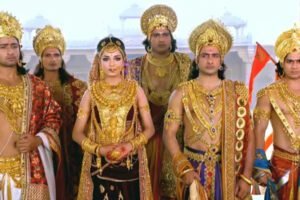
The narrative of Diwali also has its roots in the Mahabharat. After a 12-year exile and the epic fight between the Pandavas and the Kauravas, it is said that the Pandav Brothers were greeted with joy and celebration upon their return to Hastinapur.
The common people lit beautiful clay lamps all across their state to commemorate the joyous occasion of their homecoming to Hastinapur and to welcome back the Pandavas. This custom is being followed today.
Lord Krishna killed Narkasur
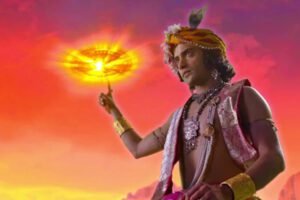
Narakasura, a malevolent demon king with incredible powers, is described in the Bhagavata Purana. He was an absolute power, ruling over the earth and the skies with despotic tyranny. He was so addicted to power that he even took a portion of the celestial mother goddess Aditi’s realm and stole her earrings.
On the day before Diwali, Lord Vishnu, who took on the form of Krishna during the Dwapara Yuga, vanquished Narakasura and freed the 16,000 ladies the demon had imprisoned in his palace. The heroic rescue from the terrifying Narakasura was greeted with great fanfare, a custom that endures to this day.
On the other hand, a different account attributes the defeat of Narakasura to Sathyabhama, the spouse of Lord Krishna. As Satyabhama was an incarnation of the same Bhudevi, it is stated that only she, and not his mother Bhudevi, was capable of killing Narakasura.
But before he passed away, Narakasura realised his error and asked Satyabhama for a boon, granting that everyone would celebrate his passing with vibrant lights. Two days before Diwali, the occasion is observed in various regions of India as Naraka Chaturdasi in remembrance of his passing.
A Special Festive Day for Sikhs
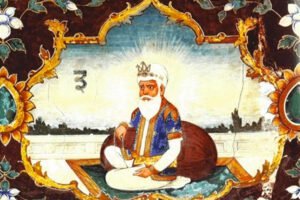
The third Sikh Guru, Amar Das, established the festival of light on this day, which makes Diwali special for Sikhs worldwide as a time to come together and accept the blessings of their Guru. Additionally, the Mughal Emperor Jahangir released Guru Hargobind Ji, their sixth religious leader, from prison on this day in 1619.
He and the other fifty-two Hindu kings were held hostage at the Gwalior Fort. Thirdly, the Golden Temple in Amritsar was built, with the foundation stone being set on the same auspicious occasion of Diwali in 1577.
Other stories related to Diwali are:
The Destruction Story of Goddess Kali
Vardhamana Mahavir attained Nirvana
The Enlightenment of Nachiketa on Death












